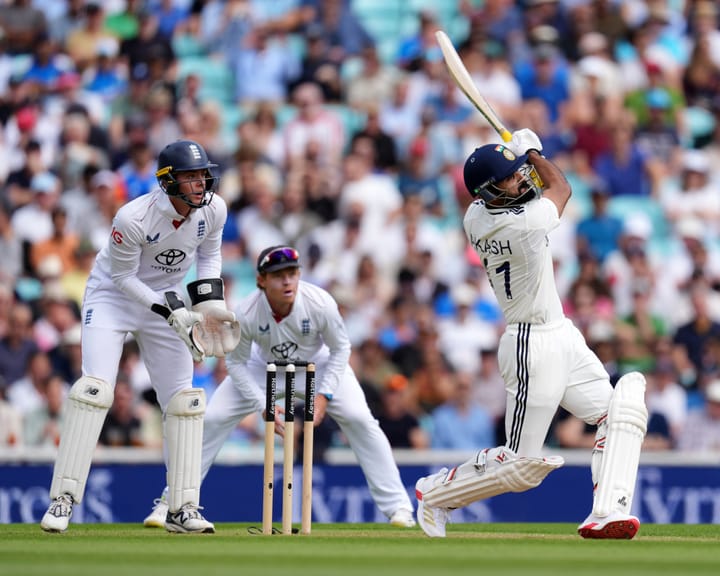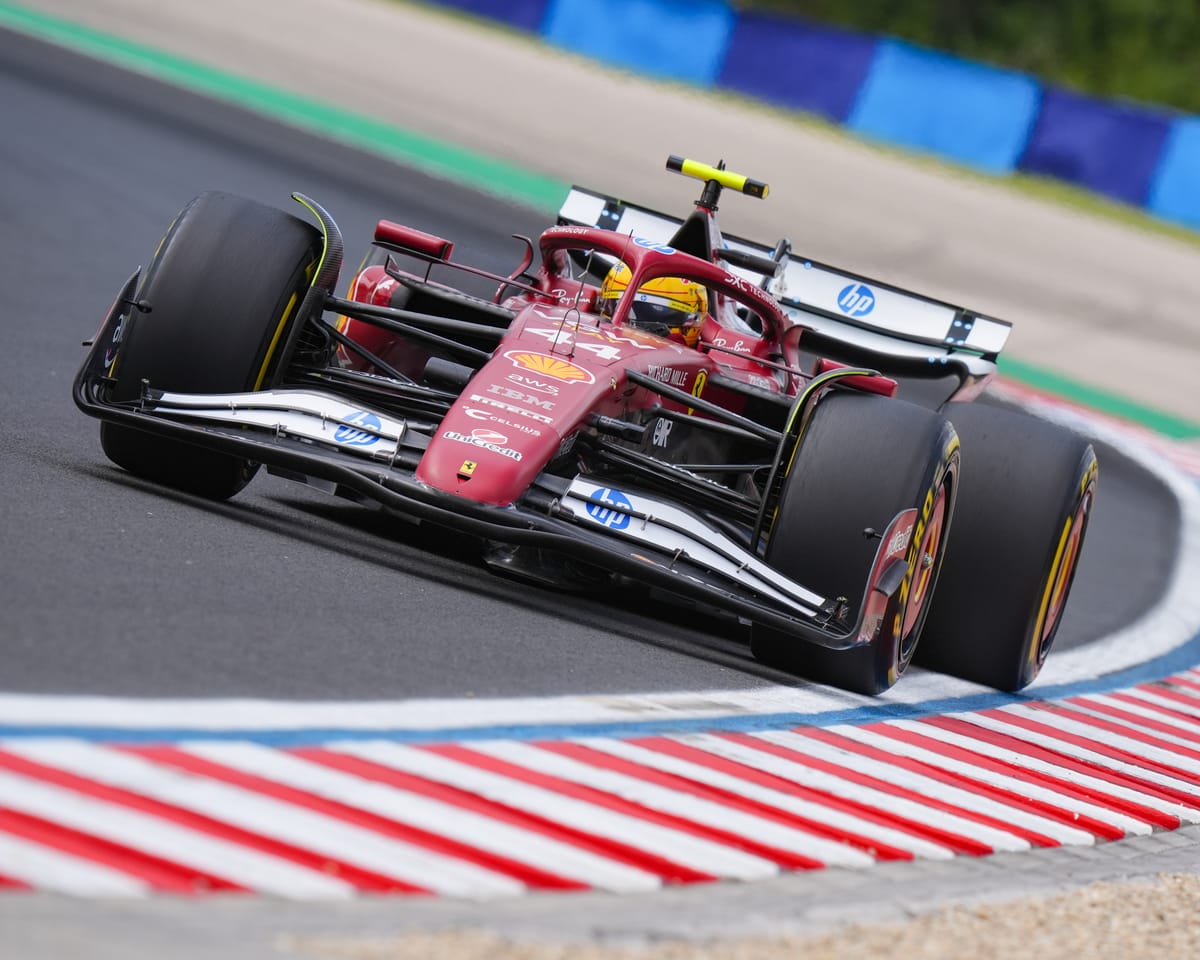Success brings high expectations, something Lewis Hamilton understands well, having experienced both like few others in Formula One. After setting his sights on delivering a championship for Ferrari, the excitement surrounding his debut season with the team was immense, but victories have been scarce. As the Scuderia struggles, the seven-time champion has been relying on every ounce of his experience in what may be the defining challenge of his illustrious career.
This weekend at the Hungarian Grand Prix, Ferrari confirmed they were extending their agreement with team principal Fred Vasseur, reinforcing their commitment to the Frenchman, who played a key role in Hamilton’s arrival. Vasseur’s task remains unfinished—rebuilding Ferrari into a competitive force after years of falling short. With 10 races left after Hungary and no wins so far this season, there is still much to do.
Since leaving Mercedes after 12 years, Hamilton has been vocal in his backing of Vasseur. Yet, while settling into a new team, the British driver has recognized that he must contribute beyond just racing. Much like Michael Schumacher did with Ferrari, Hamilton appears to be embracing a leadership role.
Reports suggest Hamilton was initially surprised by Ferrari’s working methods when he joined, finding their decision-making process cumbersome. While he has consistently praised the team’s talent, he has also made it clear he believes they must be deployed more effectively.
At last week’s Belgian Grand Prix, he spoke unusually openly about holding discussions with key Ferrari figures: Vasseur, chairman John Elkann, and CEO Benedetto Vigna. He went as far as preparing two reports outlining his recommendations for improvements needed to revive Ferrari’s performance—a revelation that generated considerable attention.
One document focused on the car itself, detailing potential upgrades and key areas for improvement under the 2026 regulations. Such analysis might be expected from any dedicated and strategic driver. But the second report was broader, addressing operational methods at Ferrari, including what he called necessary “structural changes.”
“It’s a massive organization with many moving parts, and not all of them are performing at the required level,” he said. “That’s ultimately why the team hasn’t achieved the success it’s capable of. I see it as my responsibility to question every aspect and push everyone, especially those making the key decisions.”
For Hamilton, 40, time is pressing. Ferrari likely represents his final opportunity to secure an unprecedented eighth title, while the team’s championship drought dates back to 2007.
Read next

"Guardian Sport Weekend: Lions' Third Test, England vs. India, Women’s Open Action"
Rugby Union
11am Australia v British & Irish Lions live
The Lions enter the third and final Test against the Wallabies with a chance to secure a historic series sweep, an achievement not seen in decades. Lee Calvert will provide updates throughout. No Lions team has remained undefeated since Willie

Wallabies crush Lions' clean sweep bid in storm-lashed Sydney clash
Lions Fall Short as Wallabies Secure Series Finale
The hopes of a dominant tour for the British & Irish Lions came to an end as they suffered their first defeat in Australia on a rain-soaked evening in Sydney. The home side rose to the occasion, overcoming challenging weather and a

"Live: England vs India in fifth men's cricket Test, day three"
39th over: India 155-2 (Jaiswal 80, Akash Deep 51) Overton moves away from short-pitched deliveries, conceding just a single.
Guy Hornsby observes, "England will regret those dropped catches as the runs pile up, especially once Jaiswal reaches his century. Woakes’ absence was significant, though England managed well initially. Now,

